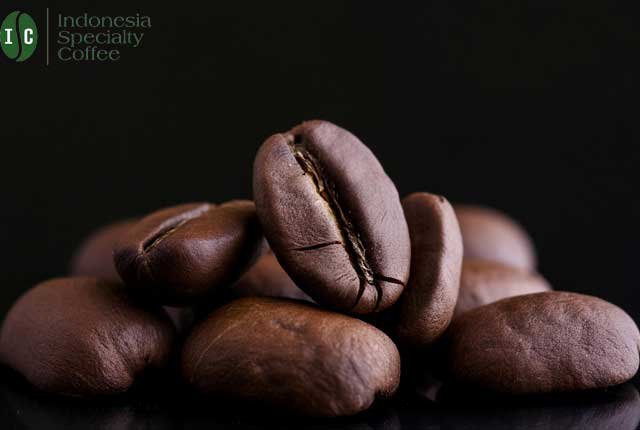Coffee has become an inseparable part of the lives of many people around the world. This drink is not only enjoyed for its rich taste, but also for its refreshing effect caused by the caffeine content. However, in recent years, claims have emerged that consuming raw coffee beans, or chewing them, may provide similar caffeine effects to drinking coffee. Let’s examine whether this claim is true or just a myth.
Is Caffeine Found in Coffee Beans?
Before we discuss claims regarding the caffeine effects of consuming coffee beans, it is important to understand the main components of coffee itself. One of the main components of coffee is caffeine, which is found in coffee beans along with various other compounds. Caffeine itself is a stimulant that is widely known for its ability to increase alertness and reduce fatigue.
Caffeine Effects of Consuming Coffee Beans
Even though coffee beans contain caffeine, does consuming them directly provide the same caffeine effect as drinking coffee? Most experts agree that although raw coffee beans contain caffeine, the amount of caffeine that can be absorbed by the body this way may not be comparable to drinking a cup of brewed coffee.
The caffeine in raw coffee beans is contained in a purer, insoluble form, which means the body will not be able to absorb it as easily as when drinking brewed coffee. Most of the caffeine in coffee is released into the water during the roasting and soaking process. Therefore, although chewing raw coffee beans may provide a slight caffeine effect, it is likely to be much lower than drinking brewed coffee.
Risks and Side Effects
Although consuming raw coffee beans may not provide significant caffeine effects, there are health risks associated with this action. Raw coffee beans can be difficult to digest and even have the potential to cause damage to the stomach or intestines due to their high acid content. Additionally, chewing large amounts of raw coffee beans can cause digestive problems and gastrointestinal discomfort.
Consuming raw coffee beans may provide a slight caffeine effect, but it is not comparable to drinking brewed coffee. In addition, this action can cause health problems such as digestive disorders. Therefore, while raw coffee beans may have an oddball appeal for some, it is important to remember that the benefits do not outweigh the risks. If you’re looking for a caffeine boost, drinking brewed coffee remains a safer and more effective option.
Safe Alternative to Coffee Consumption
For coffee lovers looking for alternative ways to enjoy caffeine without having to drink brewed coffee, there are several safer and more practical options. One way is to use instant coffee capsules or powder which can immediately dissolve in hot water. This allows you to enjoy the taste of coffee with caffeine that remains concentrated, without having to chew raw coffee beans.
Additionally, there are also other caffeine drinks such as tea and energy drinks that can provide a caffeine boost without the risks associated with consuming raw coffee beans. However, as with coffee, it is important to consume this drink wisely and not exceed the recommended limits.
Knowing Caffeine Consumption Limits
Whether you choose to drink coffee or choose another alternative, it is important to remember that excessive caffeine consumption can have negative side effects. Some side effects that may occur due to excessive caffeine consumption include anxiety, insomnia, indigestion, and increased heart rate. Therefore, it is important to limit your caffeine intake according to your individual needs and tolerance.
Although coffee beans contain caffeine, consuming them directly may not provide as significant a caffeine effect as drinking brewed coffee. Additionally, this action can have health risks such as digestive problems. Instead, there are many safer and more practical alternatives for caffeine consumption that coffee lovers can enjoy. It is important to always consume caffeine wisely and pay attention to recommended consumption limits to maintain your health and well-being.

